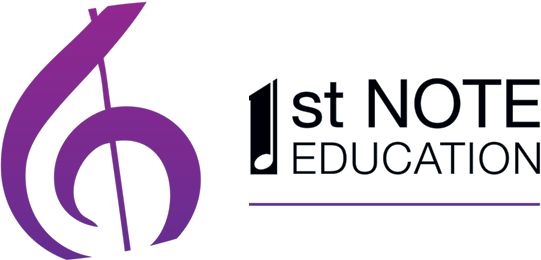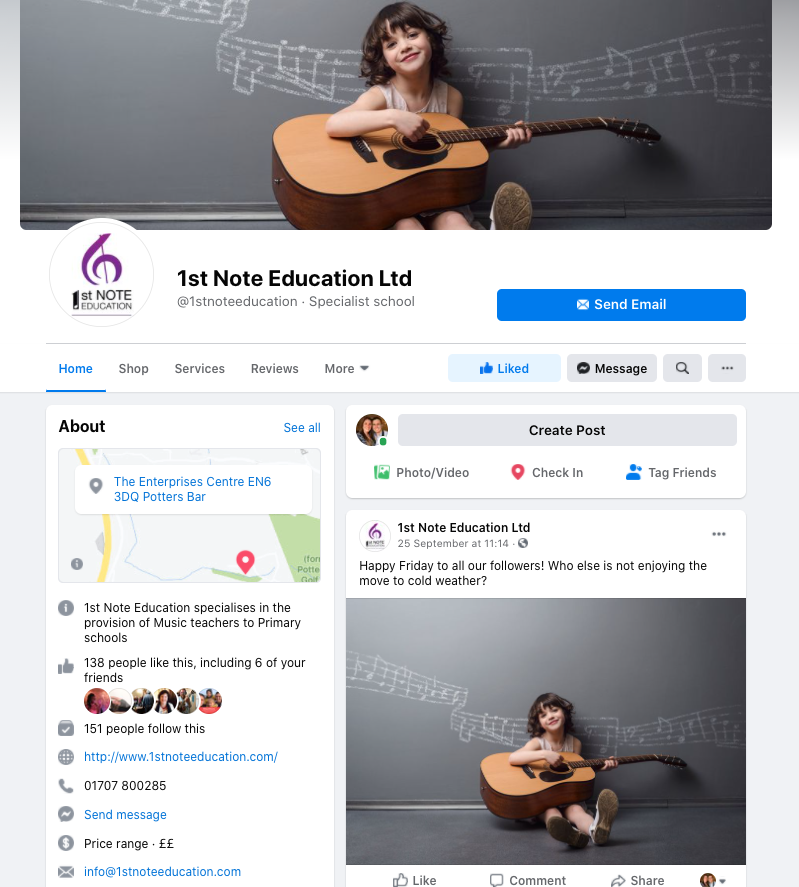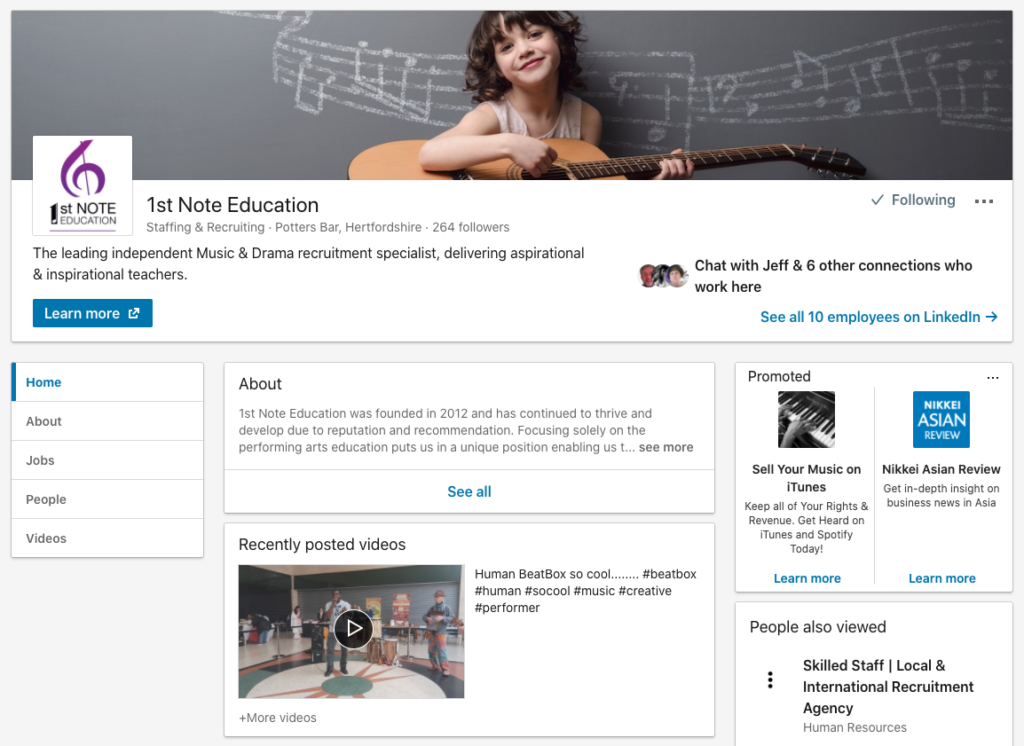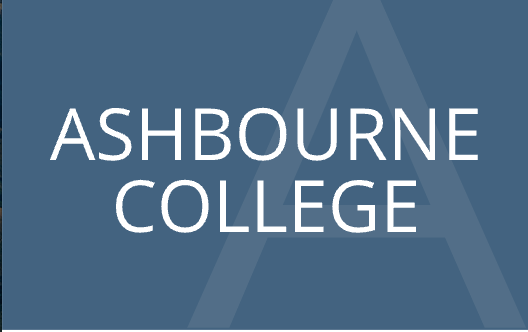Teaching Styles
I have mentioned in past blogs and posts, that teaching styles can vary, and as every new teacher, especially when undergoing their NQTs, finds this one of the hardest things to decipher. I remember when I was doing my PGCE, I found it so difficult to find my style. My hardest class, and a class that my mentors were only to happy to dump on me (naturally for learning purposes) were a year nine class. I’m not going to lie, or swear, they were atrocious! I tried being kind, they walked all over me, I tried being stern, they laughed in my face, I was mortified. This had an effect on all of the other classes that I taught. I found out that keeping calm rather than stressing was a forward step, and I started becoming more relaxed within my teaching. It also toughened me up, and I began to let children ‘not’ get away with things. The more I began to know classes, the more guards were let down both by myself and by the students, and lessons became more enjoyable. When observing other teachers I found that there were lots of different ways in which teachers approached the class. I never witnessed an Ofsted in that particular school, but I would have been keenly interested to see how each teacher would have scored… not because they were bad teachers, but because the teaching styles were so completely different. Even within the music block itself, the two main music teachers came from very different backgrounds and used completely contrasting methods. Take a look at this article I found on TES website and see what you think.
‘We should recognise that good teachers don‚Äôt all teach in the same way’
Ben Newmark
26th April 2016 at 18:27
A head of humanities shares his experiences of being observed as a NQT and explains why we should not be judging all lessons by the same criteria
In my first term as a NQT, I was observed with a Year 9 class teaching about the dropping of nuclear bombs on Hiroshima and Nagasaki. The children used sources to explain different interpretations of the reasons and then evaluated these interpretations to reach a substantiated judgement. The lesson was teacher-led and students sat in rows facing the front. In the 20 minutes, they wrote up their answers in a comfortable silence. Looking back, I think it was a good lesson.
The observer graded my lesson as “required improvement”.¬†I was devastated to read that ‚Äúthe students didn‚Äôt really enjoy the lesson because there wasn‚Äôt a wide enough range of activities”.¬†In the feedback, I was advised to ‚Äútry using drama and role-play to increase student engagement‚Äù.
That phrase haunted me for years. It inhibited the development of my teaching and remembering it still makes me really angry. Here’s why.
Being keen, conscientious, bright-eyed and bushy-tailed, I asked to be re-observed teaching the same topic to a different group. I tried drama and the lesson was a disaster. The students argued, shouted and didn’t write anything down. My classroom was left in a terrible state. Chairs and tables were knocked over. Paper, broken pencil crayons and half empty crisp packets littered the floor. I was so embarrassed I spent half an hour after school tidying it up so the cleaners wouldn’t see the mess.
‘Requires improvement’
Once again, to my surprise¬†given how awful I felt after it, the lesson was graded as “requires improvement”. My observer¬†praised my attempt at drama. In the written feedback, I was directed to watch my observer who was, of course, a drama teacher. The next week I observed a brilliant¬†drama lesson and went away with lots of ideas.
A year later and I was determined to get it right. I spent hours preparing for my drama-based nuclear bomb lesson. Students were placed in groups and assigned individual jobs within them based on their ability. I produced myriad different resources. I rang parents in advance to make sure they understood the behavioural expectations. The lesson went well and I received my first “outstanding”.
So, a happy ending? No. Not at all. The quality of the history the students produced was no better than in the first lesson I had taught and may well have been worse. What I‚Äôd learned, through a huge amount of time and effort, was how to teach an outstanding drama lesson. Worse, I‚Äôd been conditioned to think that good history teaching meant good drama activities and intensive, time-consuming differentiation. It infected my teaching for years and years. I re-planned perfectly good lessons to try to¬†make them more closely resemble my first “outstanding”¬†judgement. I felt guilty when my lesson didn‚Äôt include activities that appealed to “different styles of learners”.¬†I felt guilty when I didn‚Äôt produce multiple versions of worksheets for students in one group. I felt guilty when my classroom was silent. I felt guilty when SLT walked into my room and saw my classes using textbooks.
Appropriate activities
It infuriates me that this happened, especially as I always knew that students learned best in my lessons when they read and wrote quietly. I knew that I could tell a¬†story and was¬†pretty good¬†at using metaphors to explain complicated concepts and ideas.¬†For a long time, this didn‚Äôt seem to be¬†enough. Instead of improving my subject knowledge or refining the techniques that worked for me, I wasted too much time developing my ability to plan a “wide range of activities”,¬†even though many weren‚Äôt appropriate to my personality or my subject. It infuriates me that I lost so much time.
Of course, it isn’t fair to blame all this on one lesson observation. The problem was the product of a system in which well-meaning senior staff tried to improve practice by expecting inexperienced teachers to ape the methods of effective ones. This is understandable, seemingly sensible and fundamentally flawed. Here are three reasons why:
- Observers usually recommend activities they like themselves I like students writing extended pieces in silence. If I observe a lesson where that’s not happening, I feel uncomfortable and might suggest that the teacher introduce more silent work. Is this because it leads to genuine improvement or am I just projecting my own preferences on what I’m seeing?
- Recommendations are often driven by the observer’s¬†own subject specialism Drama teachers are more likely to recommend role play. English teachers are more likely to focus on literacy. Science teachers are more likely to recommend hands-on practical work. Does this happen because these tasks really lead to better learning in a different subject, or is it just¬†because the observer is comfortable with them?
- Non-subject-specialist observers often place too much emphasis on task setting because they don’t understand the content well enough I would be quite embarrassed if a non-specialist came into my Year 11 history lesson and knew what was going on. The subject is complex and the activities I plan are driven primarily by the nuances of the content. When a lesson is beyond an observer, it is very tempting to ignore it and concentrate on what the children are being asked to do. This is really very dangerous. Is it possible to give a recommendation on howsomething should be taught better if we don’t know what is being taught? I suspect it isn’t.
Good teachers don’t all teach the same
I wouldn’t be writing this if I felt the problem was purely historic. Although I’m confident this doesn’t happen at my current school, I worry that, across the country, teachers still feel they are expected to contort their teaching style to meet the highly individualised preferences of more senior staff. I worry that, just as I did, they are trustingly following instructions against their better judgement. I worry that teachers are wasting time learning things they don’t need to know. I worry that students aren’t learning enough as a result. I worry that with schools having more and more power to train teachers, the problem might get worse.
So what should we do instead?
We should begin by recognising that good teachers don’t all teach in the same way. Good teaching looks different between subjects and can vary in style between teachers in the same subject. We should recognise that a teacher’s practice is, at least in part, a reflection of their personality. We should recognise that what works for one teacher might be completely inappropriate for another.
Some years after getting over my experiments in drama, I overheard a girl in my Year 8 history class raving about her geography teacher: “She gets us to work in groups and we learn loads even though we all talk.” I found this highly dubious. Eventually, after hearing similar stories from other children, I asked to observe the teacher.
Good teaching looks different between subjects 
Here’s what I saw:
At the beginning of the class, the students entered the room laughing and joking. They wandered around the room collecting worksheets and resources from folders attached to the walls. Gradually the noise began to die down. The teacher raised her hand and the room fell silent.
“Do you all know what you’re doing?” she asked.
“Yes,‚Äù they chorused.
“Then get on.”
The room was loud for most of the hour and I found it stressful. Most of the time, students talked about the work and sometimes they talked about other things. Their teacher wandered among them, encouraging, gently chiding and helping when asked to. At the end of the lesson the teacher set homework, which was to write up their investigation into the profile of a river.
Find your voice
Later that week, the teacher showed me their homework and I was surprised. The students had all produced detailed descriptions and explanations that used key terms throughout. I don’t think the work the kids had produced was better than the quality they produced for me, but it certainly wasn’t significantly worse.
“I couldn’t do that,” I said. “I’d get annoyed by the noise and end up snapping.”
“I couldn’t get kids to work in silence,” the teacher said. “I’d get bored and end up interrupting.”
There we are in a nutshell. Our teaching, equally effective, was different. Some kids preferred her lessons, some kids preferred mine. They were learning in both. Would anything have been gained by forcing us to learn to teach in each other’s styles? I don’t think it would have been an efficient use of time.
Training should begin by exposing prospective teachers to a range of styles, but the aim should be to help them find their own voice. Once they’ve found it, we should help them develop it. We shouldn’t try to make them sing our song.
Ben Newmark is head of humanities and teacher of history at New College in Leicester.
https://www.tes.com/news/school-news/breaking-views/we-should-recognise-good-teachers-dont-all-teach-same-way
Andy T









